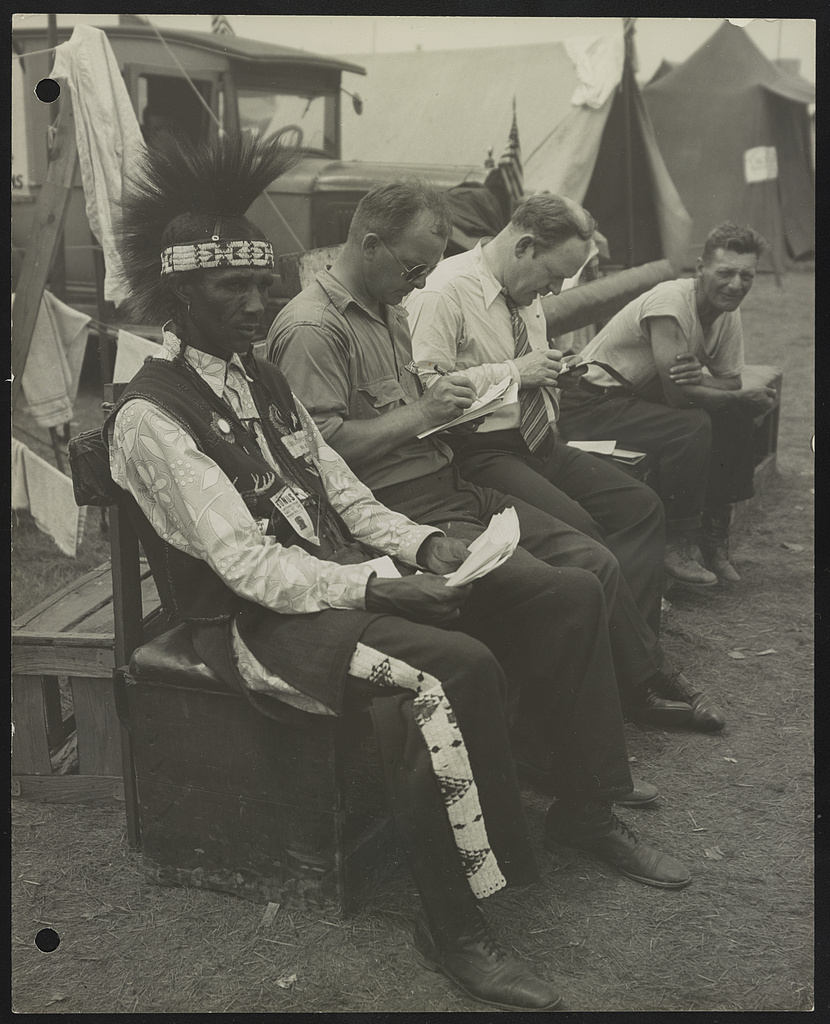Update: Session slides and materials now available
|
|
|
|
Mass Council for the Social Studies Conference - October 23-24, 2022
At the Massachusetts Council for the Social Studies (MCSS) two-day fall statewide conference October 23-24, the focus will be on the larger reach of our work with students to prepare them as citizens. In the past year, the national focus on how we teach social studies has grown. The ways American history is presented, and which aspects of our national stories they learn have gotten heightened attention.
We are excited to be sharing new resources with colleagues as part of the sessions dedicated to the issues of diversity, equity, and inclusion.
Learn how the Choices Program at Brown University, known for offering freshly relevant material for the classroom, has gone about reconsidering and revising the teaching of familiar, core topics. And hear from fellow teachers how they are handling teaching hard history in their own classrooms.
Hurricanes and war have brought new waves of migrants and refugees to US schools, reminding us that many of our students speak other languages at home and bring significant life experience and knowledge to the classroom. We will be sharing for the first time the resources that MCSS has been developing to demonstrate social studies teaching methods optimized for supporting English language learners.
There are new ways to tell the US national story inclusively with the creation of the Reform to Equal Rights: K-12 Disability History Curriculum. In advance of the release of the free curriculum in early 2023, conference participants will preview lessons that explore the stories of individuals, allies, and social movements across 200 years of struggle for inclusion and full citizenship of disabled people in America.
Inclusion, Revision, and Difficult History
Presenter: Maureen Stephens, Brown U. Choices Program
How have your approaches to core topics in the classroom changed? Brown’s Choices curriculum and many others have undergone thoughtful revisions, and we will share Brown’s process of reviewing and revising curriculum to reflect advances in the teaching of history. Focusing on equity and inclusion, we will explore the reasoning for retiring some units and adding others, and approaches to “hard history”. The session will include participant discussion.
Inclusion of Multilingual Learners
Presenter: Alison Noyes
Many social studies classrooms include students who bring knowledge of one or more other languages, and may be at various stages of academic English mastery. We will present sample lessons that apply the latest language development standards (WIDA 2020) to rich primary-source-based teaching (an 18th century newspaper in the primary grades, Supreme Court cases in 8th grade, writings of Gandhi and King in high school) – with the goal of strengthening language skills while exploring content deeply. A teacher-guide that strives to connect the terminology of language development with applied teaching strategies of social studies, supporting effective collaboration between ESL and content specialists, will be a take-away for participants.
Engaging Students with Disabilities in the Social Studies
Presenters: Rich Cairn & Ross Newton, HEC Academy
Explore strategies and tools to make Social Studies inclusive of all learners. Preview hands-on, inquiry and primary source based activities from the new Reform to Equal Rights: K-12 Disability History Curriculum features investigations and civic engagement for 8th grade and high school.




